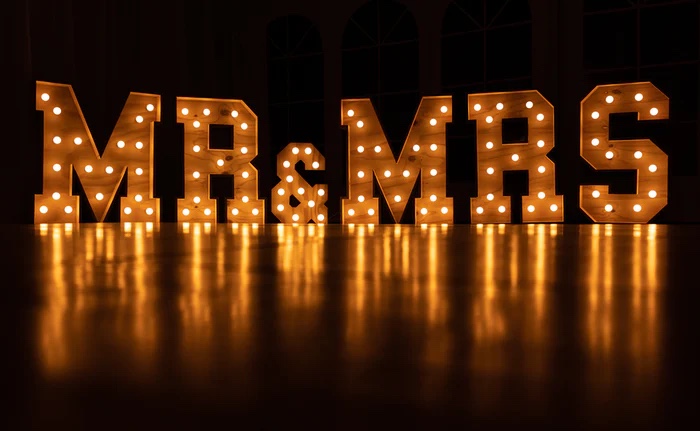A friend recently emailed me asking if the rules for the use of “Mr.” had changed so that it did not require a period. I thought it was kind of a no-brainer and of course it needed the period. However, researching the topic shows me that I was wrong–kind of.

As with lots of other spellings, pronounciations, and other grammar issues, in this case, there is a difference between American English and British English. Putting a period after Mr. and Mrs. depends on whether it is American or British usage.
In British usage, where the abbreviation ends with the same letter as the word it is replacing, there is no period. Since “Mr” is the abbreviation for MisteR, there is no period. “Mrs” is the abbreviation for MistResS, so no period. The same rule applies to “Ms,” even though it is not really an abbreviation for anything but, instead, is a title of respect where a woman’s marital status is unknown or irrelevant. “Dr” is the abbreviation for DoctoR, so no period.
Where the abbreviation ends with a different letter, then British usage includes a period like American usage does, such as “Professor” abbreviated to “Prof.” needs a period because it does not end with an “r,” the last letter of “professoR.” It would be the same with “Capt.” as an abbreviation for “Captain.” Since “Capt.” doesn’t end with the last letter “n,” it needs a period.
American usage continues to use the period in all of these examples.
Just remember your audience so if you are in the United States and sending a letter to someone in the United States, you would use the American style with the period. If, however, you are sending a letter to someone in Britain, then you can leave the period off.


 Follow
Follow
To me both Mr. and Mrs./Ms. are archaic. With the interchangeability of given names (i.e. Kim, Shawn, etc.) and fluidity of gender it seems illogical to refer to someone as either Mr. ____ or Mrs./Ms. _____. In my opinion, it is a detriment, and a good way to offend someone without meaning to. I am sure it is a generational thing but I prefer to address individuals with their given and family names. (e.g. Jane Smith).
According to the explanation above,’ Ms’ is not a word nor an abbreviation therefore neither in Britain or America should it be written with a period. However, you then go on to say in America all three (Mr. Mrs. and Ms) should be written with a period.
What say you?
Ms. with a period is common American usage. While it is not an abbreviation, it is a portmanteau of Miss and Missus, so it is like an abbreviation of the result of those two words and I think the period is correct in American usage. And thanks to your question, I learned a new word today! “Portmanteau” is a word blending sounds and combining meanings of two other words. For instance, “brunch” from “breakfast” and “lunch” or “podcast” from “iPod” and “broadcast.” Thank you for your question!